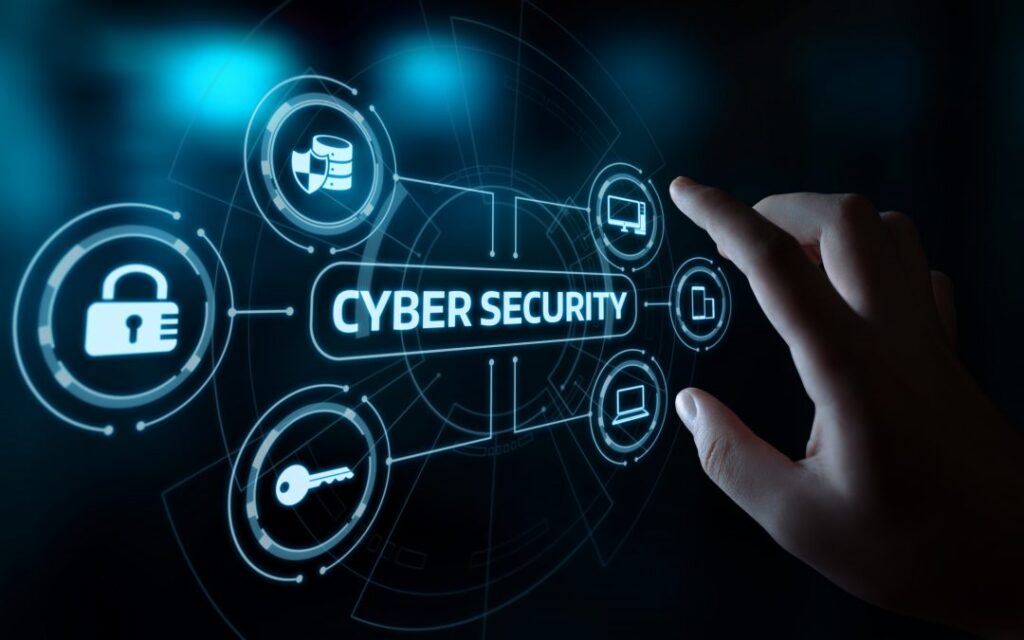Today’s digital business landscape is a tough one to navigate, especially for those who aren’t quite technologically sophisticated. The progressive nature of the internet has created various opportunities for cybercriminals, who seek to exploit vulnerabilities in networks, servers and IT systems in general.
Cybercrime is without question one of the most worrying threats for modern businesses, which is why companies should do everything in their power to safeguard against it. Cyber security initiatives have recently accelerated in response, as a means for businesses to stay one step ahead of potential threats.
But before you ramp up your security protocols and digital frontiers, you should first appreciate why cyber security is so important.
Hackers Are More Sophisticated Than Ever Before
The internet has transcended the business world, a digital world where companies prioritize the online solutions they offer consumers. In today’s realm everything caters to internet-based solutions, where every business has a website optimized for mobile.
Though owning a website is the best way to reach the modern consumer, it will expose you to criminals who receive entry points into internal networks. Data breaches are a goldmine for hackers, who have a lot to gain from illegal access to sensitive information.
Well-funded, coordinated cyber-attacks can cost large organizations millions while impacting smaller companies too. Take Deloitte for example, which only last year was shaken up by a staggering cyber attack that prompted a complete overhaul of cyber security initiatives.
It’s better to be safe than sorry, to implement preventative security measures rather than reacting when it’s too late. By assuming you’ll be breached at some stage, you can introduce controls to detect and respond to malicious activity before it rears its ugly head and potentially
destroys your business.
The Cost Associated with Breaches
Cyberattacks are becoming more and more costly to recover from, one of the biggest incentives for companies to safeguard against them. Cybercrime is an expensive experience to ensure, regarding financial and reputational damage.
Many underestimate the potency of these attacks, but they’re far more damaging than the financial implications suggest. The cost of remediation and financial damage is certainly a cause for concern, but where money can be recovered a reputation can’t.
In the event of a hack, customers can lose all faith in the business they’d previously trusted, and in which case decide to take their custom elsewhere. Put yourself in their shoes, would you put your faith in a company liable to security breaches?
A reputation for poor security can also lead to a failure to generate new contracts, something which can grind business growth to a halt. This exemplifies the importance of great cyber security.
The Availability of Hacking Tools
Programmes, tools and softwares are growing to be significantly more advanced than ever seemed possible. This has opened doors for less qualified hackers to intrude, creating wider ranging threats.
It is no longer just highly skilled well-funded hackers you need to look out for, meaning you must be even more vigilant to protect information. Threats have opened among less-skilled individuals, where the commercialization of cyber crime has made it easy for anyone to tap into resources and launch damaging attacks like cryptomining and ransomware.
Tighter Regulations
Government regulations have tightened cyber security requirements, where it’s mandatory to meet certain standards or face a fine. These requirements have been implemented to ensure companies do everything within their power to put customer data first, especially when the theft of said data could jeopardize so much.
Organizations are legally required to take considerable care with sensitive data, alongside instigating additional measures to regularly review controls, protect personal data, and detect, report, and investigate breaches.
IoT Devices
The increasing proportion of smart devices, those which run off of internet connections, presents a cyber security risk. Though these modern contraptions can simplify and speed up tasks, they can cause problems too.
Organizations must manage IoT devices properly, or risk creating an avenue for criminals to attack. IoT devices introduce a range of security weaknesses which should be tackled to avoid vulnerabilities, so the risks presented by these assets must be addressed.


